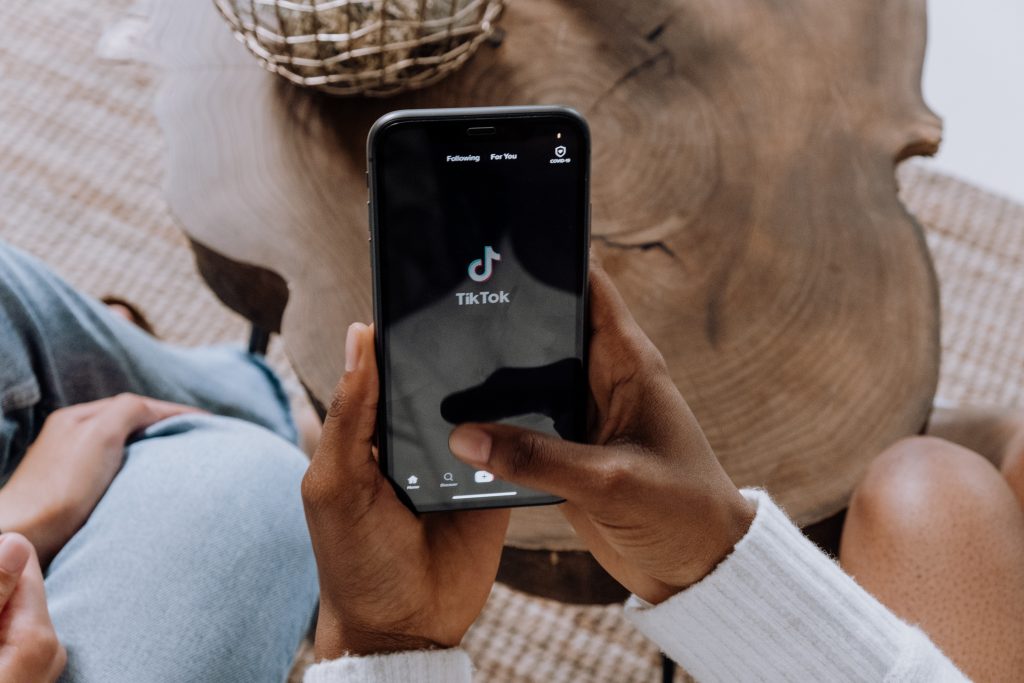
Science communication news, opportunities, funding, training, internships, jobs and more. If we have missed anything, please let us know by adding in the information in the comments section at the end of the blog.
If you would rather receive these updates by email, please sign up to our newsletter using the button at the bottom of the page.
In the news
Online echo chambers fuel distrust in vaccines
Misinformation on social media contributes to vaccine hesitancy and produces a distorted impression of vaccination benefits and drawbacks, according to a recent study published in the journal PLOS One.

The WHO considers vaccine hesitancy one of the most severe threats to global health. Despite this, some people avoid being vaccinated due to mistrust of vaccines and health officials.
Bjarke Mønsted and his colleagues at Technical University of Denmark studied 60 billion tweets posted before the pandemic to better understand where vaccine debate takes place on Twitter and to better understand today’s vaccination hesitation on social media.
The researchers taught a computer to determine which viewpoints on vaccinations were stated in a particular tweet using recently discovered artificial intelligence technologies dubbed “deep learning” and “natural language processing.”
They identified users who consistently voiced strong opinions in favour of or against vaccinations, as well as the sources from which the accounts disseminated vaccine information. According to their findings, 22.5 per cent of anti-vaccination users’ vaccination tweets include a link to a YouTube video.
The study verifies the echo chamber effect, which makes it difficult for vaccination supporters and opponents to engage online since social media algorithms ensure that users interact with others who share their views.
Study of prison outreach programme demonstrates the benefits of public engagement for scientists
Scientists who undertook public engagement activities in prisons obtained professional advantages, changed their perceptions of jailed persons, enhanced their value of community participation, and developed a greater interest in social justice, say researchers in Utah.
As part of the Initiative to Bring Science Programs to the Jailed (INSPIRE) initiative, where researchers give popular science talks in prisons and similar settings, Nalini Nadkarni of the University of Utah and colleagues surveyed researchers participating in the programme.
Many scientists commented on how attentive and appreciative the attendees were, as well as how knowledgeable and inquiring they were. These characteristics are well-known among those who work with jailed people on a daily basis, although they contradict popular conceptions.
Only a quarter of the scientists said they had a prior interest in social justice issues, but almost half of those who responded said their involvement in INSPIRE piqued their interest in social justice and motivated them to take further action on behalf of the prisoners.
Such interactions are increasingly important, say the authors, now that funding agencies and academics are placing more focus on broadening research’s reach to include underserved audiences.
TikTok inspires a new generation of science communicators
The ability to film, edit, and publish video material from a single app makes TikToks simple for novice content creators and a great way to engage students while also contributing to science outreach efforts, according to a new study.

Educational use of social media is already known to enhance student learning, particularly when the social media activity is accessible, relevant, and on a platform that students already use. Group projects, discussion forums, delivery of lecture-style information, and the development of science communication skills have all been done using social media platforms like Facebook, Twitter, and YouTube in STEM education.
What’s more, the growing use of social media during the COVID-19 epidemic has highlighted the importance and impact of good science communication via social media. So Abigail Radin and Caitlin Light at Binghamton University in New York used TikTok videos to teach students basic science concepts and lab skills, as well as modelling good science communication practice.
Students found these TikToks very helpful for learning new subjects remotely before joining the lab. They particularly welcomed #labfails shared by undergraduate peer mentors as a way to learn from and feel less alone amid research failures.
When asked to create their own videos, students showed they had grasped the key concepts of effective science communication, and were enthusiastic about sharing science with wider audiences.
Opportunities
Eric and Wendy Schmidt Awards in Science Communication: applications now open
Events
Registration for the 10th EuroScience Open Forum (ESOF) is now open. Early bird registration closes on 22nd April for this international science communication event, which will be held in Leiden, Netherlands, and online.
Future of SciComm Conference 2.0: Join researchers and practitioners of science communication fort he conference in Brussels on 26 April 2022
Jobs and internships
Research Engagement Manager, Cancer Research UK, deadline 10th April 2022
Video and Multimedia Generalist, The European Southern Observatory, deadline 24th April 2022
Public Engagement Manager, Institute of Cancer Research, deadline 4th April 2022
For regular updates on science communication jobs, news and opportunities, please sign up for our newsletter, SciCom for Scientists, which is published monthly.